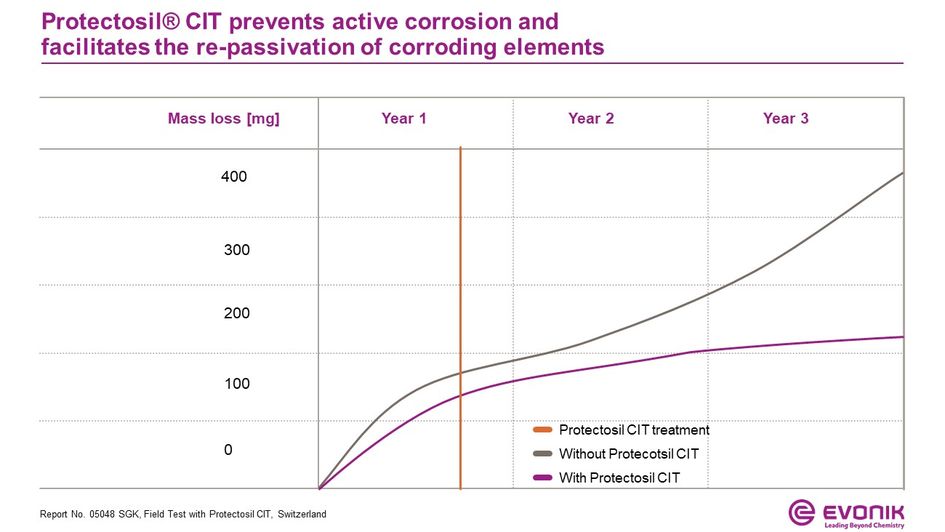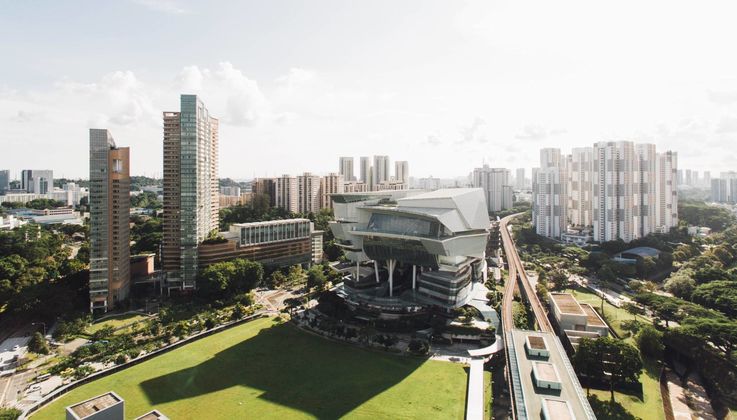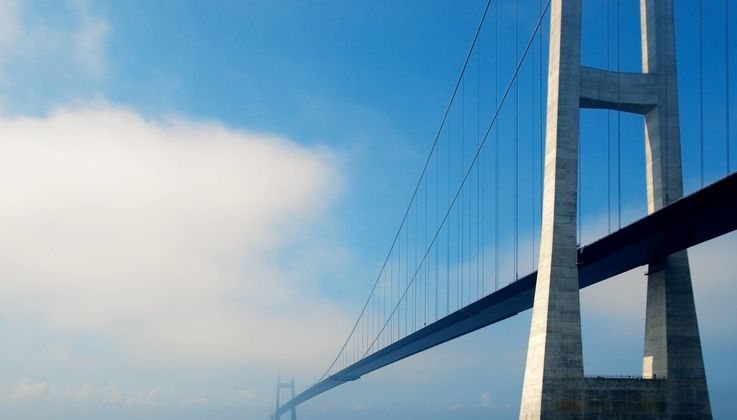
Deicing of roads
Icy roads are a risk for commuters and freight transport, also in times of COVID-19. Deicing the roads poses another problem, though: Chlorides originating from deicing salts cause significant corrosion damage on reinforced concrete structures. Protecting roads with corrosion inhibitors like Protectosil® can mitigate the detrimental effects of deicing salts.
To make roads safe in winter, the use of deicing salts is often inevitable. But these salts not only ensure that icy roads become safe again, they also attack the structure. The deicing crews in winter are therefore often followed by the construction crews in spring: potholes have to be filled and damages repaired. But it doesn't have to be that way. Protectosil® can help to mitigate the detrimental effects of deicing salts.
This silane-based corrosion inhibitor from Evonik has proven its worth in a long-term test with highway gallery columns in the Swiss Alps. Galleria Cianca Presella is one of these highway galleries. It is located near the San Bernardino Pass, one of the most frequently used passes in the Alps. To take a closer look at the effectiveness of silane-based corrosion inhibitors, researchers incorporated sensors into the concrete of the gallery’s columns during its construction and treated the concrete surface with 500 g/m2 of Protectosil® CIT to prevent rebar corrosion. A long-term online monitoring system allowed to study the corrosion behavior via a datalogger system.

Once applied Protectosil® reacted with the concrete matrix and the steel surface. It hindered the corrosion reaction and strengthens the passive film on the steel rebars. The results of the online monitoring showed that the protective treatment led to a measurable decrease in the corrosion rate. This indicates that Protectosil® CIT is not only efficient and that it was properly applied, but also that the lifetime of the structure was increased as well.



